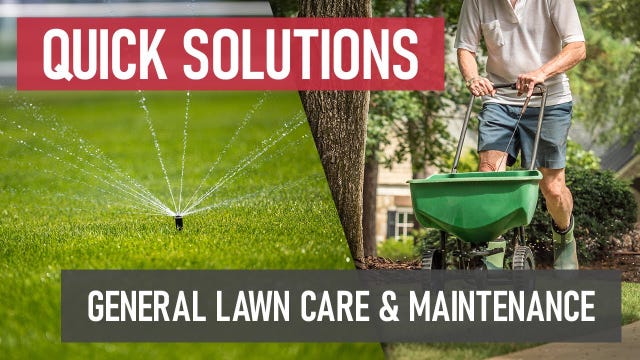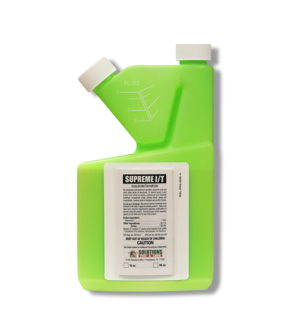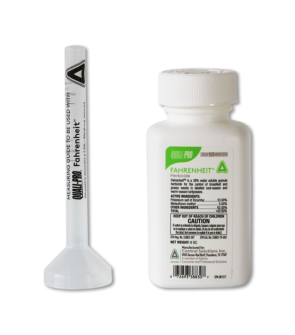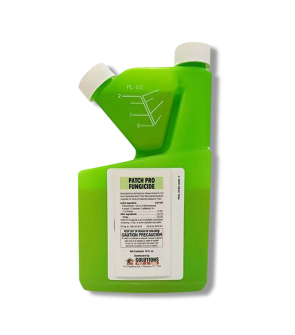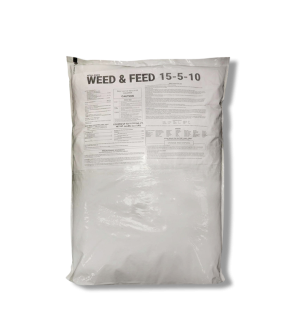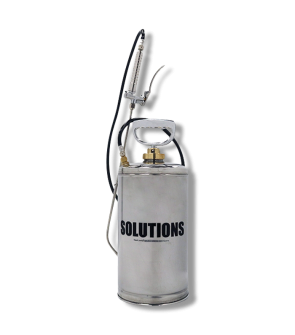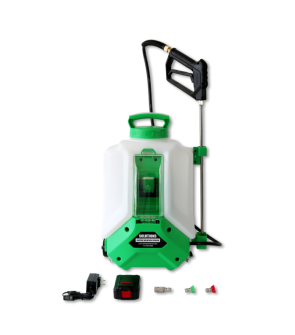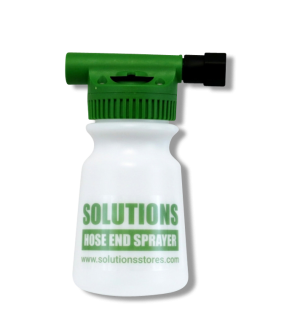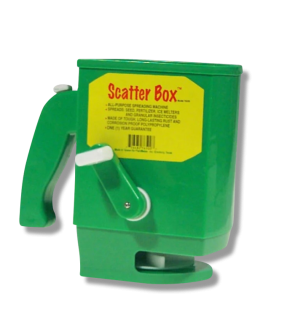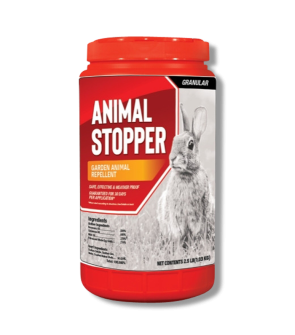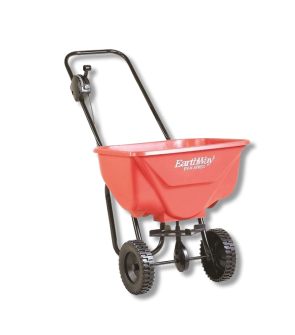Gain access to personalized product screening, the best pricing, rewards, and more!
Most Effective Products
General Lawn Care and Maintenance Tips
The thought of maintaining a lawn may seem overwhelming, but in reality, it is easy to do, especially when you have the correct information on hand. It does take time, patience, and effort to get the job done.
Learn everything you need to know about general lawn care from our easy-to-follow DIY guide.
Tools Needed
Depending on the type of treatment, pest, and product label restrictions, the type of application tools will vary. Below are some standard application tools needed for general lawn care:
- Sprayer (backpack, handheld pump, hose end sprayers, etc.)
- Spreaders (push, broadcast, drop, or handheld)
- Garden rake or leafblower
- Garden hose, watering can, or spray bottle for watering
- Lawn mower
Know Your Lawn
Depending on where you live in the US, your grass falls under one of two categories: warm-season or cool-season.
Warm-seasoned turf examples are Centipede grass, St. Augustine, Bermudagrass, and Zoysia grass.
Cool-seasoned turf includes Kentucky bluegrass, perennial ryegrass, fine fescue, and tall fescue.
The turf transition zone is the region across the middle of the United States, falling between the northern cool-seasoned turf zone and the southern warm-seasoned turf zone.
This area is challenging since it does not have one specific turf type but a blend of both.
The turf species will determine when it should grow, what pesticides to use, and how much watering is needed.
Pest Control

Pests are unwanted animals, insects, weeds, or fungi on your property.
Determine how much product material to use by measuring the square footage of the treatment area. Find the square footage by measuring the length and width of the treatment area in feet then multiplying them together (length X width = square footage). For acreage, take the square footage and divide it by one acre (square footage / 43,560 sq. ft. = acres).
For general control, we recommend the following:
Insects - Supreme IT
Supreme IT is a broad-spectrum insecticide that kills 70 types of insects in and around residential and commercial properties. Once dried, it creates a 90-day residual barrier.
We recommend using a handheld pump sprayer or a hose-end sprayer to make applications.
A general application will use 1 fl. oz. of Supreme IT per 1 gallon of water per 1,000 sq. ft.
Fungi - Patch Pro Fungicide
Patch Pro Fungicide is a systemic fungicide that controls and prevents harmful diseases on turf and ornamental plants.
Mix and apply this product with a handheld pump sprayer or hose-end sprayer.
Depending on the disease, apply 0.5 to 4.0 fl. oz. of Patch Pro Fungicide per 1 gallon of water per 1,000 sq. ft.
Animals - Animal Stopper Granular Repellent
Animal Stopper Granular Repellent is a natural-ingredient-based granular repellent that keeps armadillos, beavers, gophers, groundhogs, rabbits, raccoons, skunks, and woodchucks away from garden plants and flower beds.
A 2.5-bottle container of this product will cover approximately 1,800 sq. ft.
Weeds - Fahrenheit Herbicide or 2,4-D Amine Selective Post-Emergent Herbicide
Depending on the weed and the application site, the type of herbicides will vary.
For general weed control in warm-seasoned turf we suggest using Fahrenheit Herbicide. Weeds in cool-seasoned turf will want to use 2,4-D Amine Selective Post-Emergent Herbicide.
Spot applications with Fahrenheit Herbicide will use 0.2 oz. of product with 1 gallon of water per 1,000 sq. ft.
Spot applications with 2,4-D Amine Selective Post-Emergent Herbicide will use 1/4 pint of product in 3 gallons of water.
Either of these applications will need to use a handheld or backpack sprayer.
Proper pest control will protect your lawn and prevent pests from entering your property.
Proper Irrigation
Overwatering your turf may lead to diseases and unwanted pest activity.
To avoid this, adjust irrigation. We recommend watering with 1 inch of irrigation once per week, preferably in the early mornings, to give it enough time to dry.
Clearing Lawn Debris

Rake your lawn of any fallen debris to avoid the turf from being smothered, potential cover for pests, and disease activity from occurring.
Doing this will reduce moisture and increase sunlight and airflow for turf.
Fertilization
Each lawn type requires a specific nutrient for each season. To understand these needs, a soil test is recommended.
The best times to fertilize cool-season grasses are fall and spring, while the best times to fertilize warm-season grasses are mid-spring to summer.
We recommend the Solutions Weed & Feed Fertilizer with Trimec as a general fertilizer mainly used in the spring.
Prepare your lawn by mowing it to its normal height 1 to 2 days before application and watering it thoroughly at least 1 day before application.
For most applications, you must apply 3.2 to 4 pounds of product per 1,000 square feet of treatment area.
Load your push or broadcast spreader with the proper amount of fertilizer and put it on the correct setting for your specific spreader model.
Evenly distribute your fertilizer throughout your treatment area. With a push spreader, broadcast half your granules at a perpendicular angle to cover the entire area.
Water your lawn again 1 to 2 days after application.
Mowing Properly
Mowing your grass too short will stunt its growth. Grass will respond by growing shallower roots, absorbing less nutrients and water, and having a weaker grasp on the soil.
Mow away no more than 1/3 of the turf’s height, ideally, about three inches, to encourage good root development.
Key Takeaways
When Should You Not Apply Fertilizers
- It's best to stop applying fertilizers before the dormant season for that turf species. For example, warm-seasoned turf will stop before the winter, and cool-seasoned turf stop before the summer.
What Kills Weeds On Lawn
- We recommend using a post-emergent herbicide to kill existing weeds on turf.
When to Perform Lawn Care
- Lawn care is a year-round task that must be taken on to reduce pest activity.






